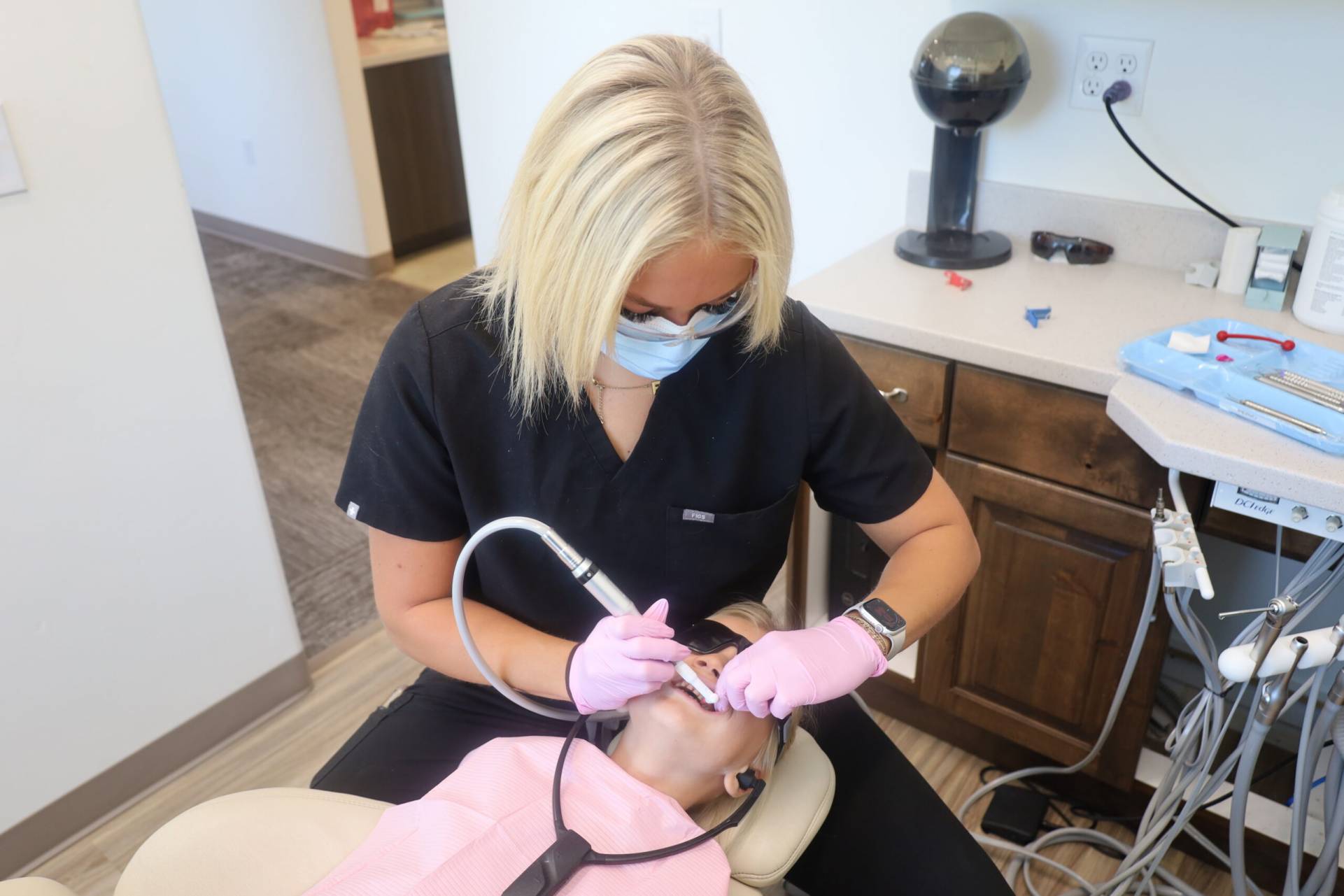
Life is full of warning signs. Your car makes a funny noise, your phone battery drains unusually fast, or you feel a persistent twinge when you chew. Often, these smaller signals are easy to ignore—until they develop into bigger, more complex problems. The same principle applies to virtually every aspect of life, from health and technology to business and personal relationships. Ignoring small red flags often invites larger, more complicated issues. But why is it so critical to catch problems early, and how can this simple act of vigilance save you time, money, and unnecessary stress?
The Cost of Ignoring Problems
Procrastination is one of the most common reasons people put off addressing problems when they first arise. It can feel easier to think, “This isn’t such a big deal right now,” but delaying action can turn a manageable issue into a costly crisis. For example, ignoring small pains in your teeth—a situation that a general dentist in West Jordan warns their patients of—can result in more invasive procedures down the road, like root canals or dental implants.
The same is true for small business owners. A minor error in financial documentation might not seem pressing initially, but left unresolved, it can snowball into tax complications or even audits. Across the board, the longer an issue is neglected, the more time and resources it will take to fix later.
Why Early Detection Matters in Health
Preventative care is one of the most obvious areas where catching problems early proves invaluable. Health professionals often stress the importance of regular checkups and screenings, even when you feel fine. Conditions like high blood pressure, diabetes, or early-stage cancer may not present noticeable symptoms at first but can lead to severe complications if overlooked.
For example, regular visits to your general dentist can catch cavities when they’re just beginning to form. Small fillings are far less invasive (and expensive) to deal with than root canals or extractions that become necessary when tooth decay spreads unchecked. The same applies to chronic health issues—getting ahead of them often means your treatment options are simpler and less disruptive to your life.
Tips for Preventative Health:
- Schedule annual checkups with your healthcare provider.
- Don’t skip regular dental cleanings and assessments.
- Pay attention to minor symptoms and act quickly if they persist.
How Early Problem-Solving Pays Off in Business
Businesses operate in a fast-paced environment where even small hiccups can lead to significant ramifications if ignored. For instance, a customer complaint about slow delivery might seem like an isolated issue. But if that complaint reflects a broader inefficiency in your supply chain, ignoring it can lead to lost customers and reputational damage.
Similarly, systems downtime or outdated software might only be an annoyance initially—until a major technological failure grinds operations to a halt. Forward-thinking companies understand the value of solving problems early and often conduct regular process reviews to identify underlying inefficiencies.
Proactive Steps for Businesses:
- Regularly audit operations for inefficiencies or minor red flags.
- Address employee grievances promptly to maintain morale.
- Listen actively to customer feedback—it can reveal areas for improvement.
Relationships Thrive on Early Attention
Interpersonal relationships often mirror the same principles as our physical and professional lives. Small misunderstandings or unmet expectations can spiral into larger conflicts if left to fester. Addressing these friction points early helps build trust, communication, and resilience in relationships.
For example, a minor argument between coworkers might seem trivial. However, unaddressed feelings can lead to animosity and negatively affect team cohesion. Preventing such issues often requires taking the time to have open and honest conversations before they escalate further.
Tips for Keeping Relationships Strong:
- Communicate openly and clarify misunderstandings early.
- Practice active listening and empathy when addressing concerns.
- Don’t brush off feelings—whether they’re yours or someone else’s.
Tools and Habits for Proactive Problem-Solving
Developing a habit of addressing minor problems early can prevent larger issues from arising. But how do you cultivate that proactive mindset? Here are some practical tools and strategies to help you tackle potential problems head-on before they grow:
- Keep a To-Do List: Document even small tasks to ensure they don’t slip through the cracks.
- Time Block Problem-Solving: Dedicate time weekly for troubleshooting personal, professional, or health-related tasks.
- Follow the 2-Minute Rule: If something takes less than two minutes to fix, address it immediately.
- Seek Expert Advice: Don’t hesitate to consult experts in specific fields, whether it’s your general dentist, accountant, or IT support team.
By combining practical tools with a proactive attitude, you’ll start to see how small habits and changes make a world of difference over time.
The Long-Term Benefits of Early Prevention
Catching problems early isn’t just about convenience—it’s about creating long-term stability and peace of mind. By addressing concerns before they snowball, you can save money, reduce stress, and maintain a higher quality of life. Whether it’s your health, career, or personal relationships, the time and energy you invest upfront pay off in ways that far outweigh the effort.
On a broader level, organizations, families, and communities thrive when proactive problem-solving becomes part of their culture. Encourage yourself and your network to adopt this forward-thinking mindset, and you’ll set the stage for fewer crises and greater satisfaction in life.
Small Steps Today, Big Rewards Tomorrow
Problems don’t solve themselves, and ignoring them only allows them to grow unchecked. Whether scheduling a visit to your general dentist in West Jordan, conducting a business review, or asking a loved one how they’re feeling, starting small today can save significant headaches tomorrow. Adopt the proactive mindset—and watch how it transforms your life.
